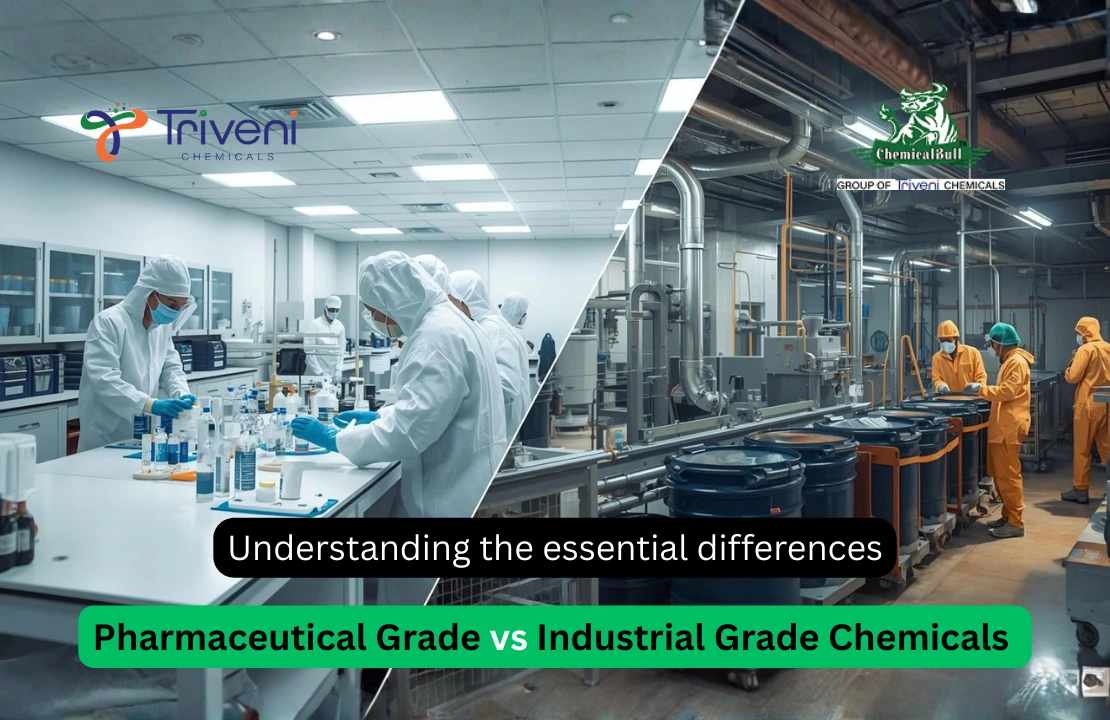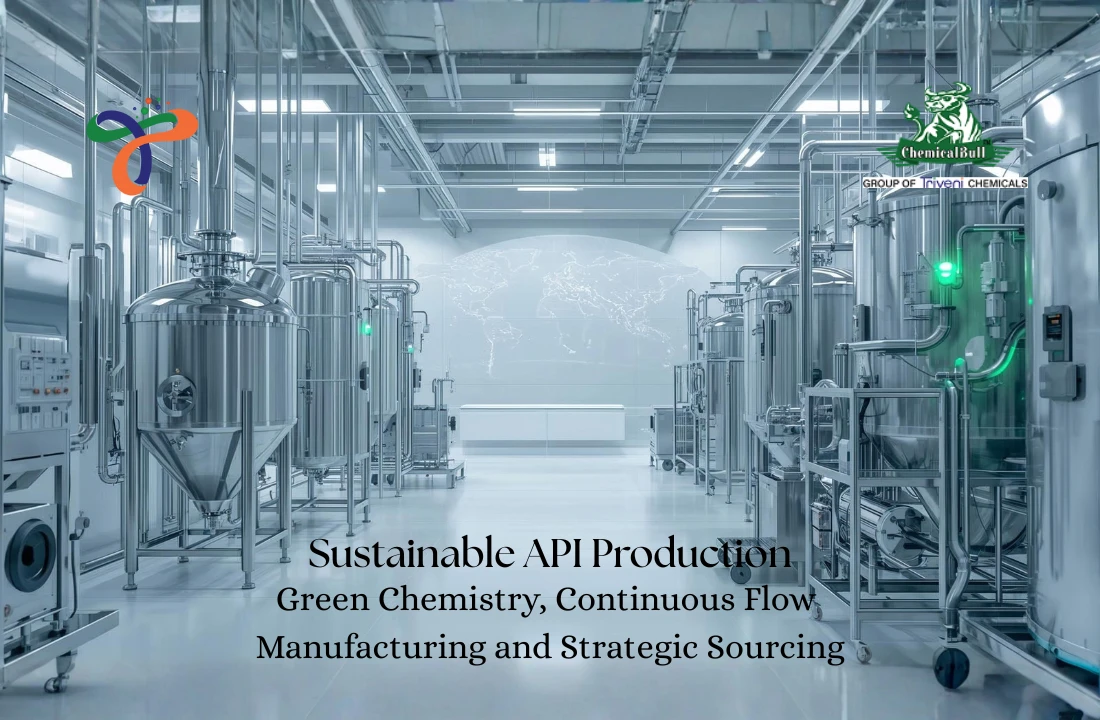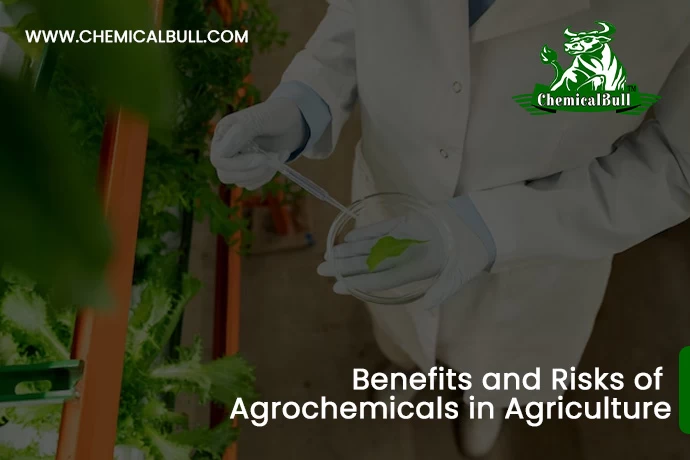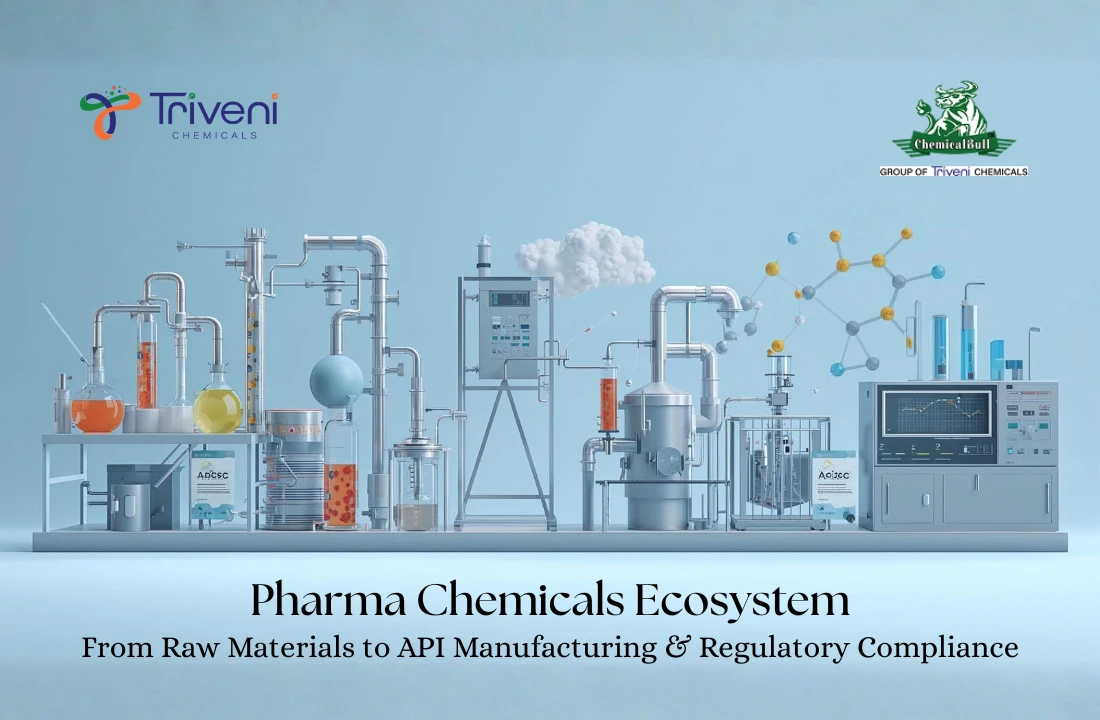Benefits And Risks Of Agrochemicals In Agriculture
Introduction
Agrochemicals are at the heart of modern agriculture, enabling farmers and manufacturers to maximize crop yield, protect plants, and improve produce quality. From fertilizers and pesticides to herbicides and fungicides, these chemicals are essential for industrial-scale farming and commercial agriculture.
However, while agrochemicals provide significant benefits, their misuse can cause environmental, health, and economic risks. Understanding both sides is crucial for safe, efficient, and sustainable farming.
At ChemicalBull, we supply industrial-grade, bulk agrochemicals designed for maximum effectiveness and safety in modern agriculture.
What Are Agrochemicals?
Agrochemicals are chemical substances used in farming to enhance plant growth, protect crops, and improve yield. Key categories include:
-
Fertilizers – Supply essential nutrients such as Nitrogen, Phosphorus, and Potassium.
-
Pesticides – Prevent damage from harmful insects and pests.
-
Herbicides – Control weeds competing with crops, e.g., Diuron.
-
Fungicides – Protect crops from fungal infections.
-
Bio-based / Eco-friendly chemicals – Sustainable alternatives with minimal environmental impact.
Benefits of Agrochemicals
1. Higher Crop Yield
Agrochemicals boost plant growth, improve nutrient absorption, and increase productivity, providing higher yield per acre for industrial farmers.
2. Crop Protection
Pesticides and fungicides like 1,2-Benzisothiazolin-3-One protect crops from insects and fungi, reducing losses and ensuring food security.
3. Improved Quality
Fertilizers and plant nutrients such as Sodium Selenite improve fruit size, color, and shelf-life, enhancing market value.
4. Time and Labor Efficiency
Industrial agrochemicals allow large-scale application with minimal labor, saving time and costs.
5. Cost-Effective Bulk Solutions
ChemicalBull provides bulk industrial agrochemicals that optimize costs while maintaining high crop performance.
Risks of Agrochemicals
1. Environmental Impact
Excessive usage can contaminate soil and water, affecting ecosystems.
2. Health Hazards
Direct contact or consumption of residues may lead to skin, respiratory, or other health issues.
3. Soil Degradation
Overuse of chemical fertilizers can alter soil pH, reduce beneficial microbes, and harm fertility.
4. Pest Resistance
Continuous use of the same pesticide may lead to resistant pests, reducing effectiveness.
5. Economic Risks
Improper storage or low-quality chemicals can damage crops, causing financial loss.
Best Practices for Industrial Agrochemical Use
-
Use certified, industrial-grade products from trusted suppliers.
-
Follow recommended dosage and application schedules.
-
Wear proper protective equipment during application.
-
Rotate chemical types to prevent pest and weed resistance.
-
Incorporate bio-based or eco-friendly agrochemicals, e.g., Cinnamaldehyde or Azelaic Acid.
Applications in Modern Agriculture
Agrochemicals are critical in:
-
Crop protection – pesticides and fungicides
-
Fertilizer application – balanced nutrition for higher yields
-
Seed treatment – protect seedlings from early-stage pests
-
Industrial farming & large plantations – bulk agrochemical solutions
Explore :
Here are key products that complement your agricultural operations:
-
Diuron – Industrial herbicide for weed management
-
Sodium Selenite – Fertilizer additive for crop nutrition
-
Cinnamaldehyde – Bio-based pesticide and flavor chemical
-
1,2-Benzisothiazolin-3-One – Industrial fungicide for crop protection
-
Azelaic Acid – Specialty agrochemical supporting plant health
-
Indole-3-Acetamide – Plant growth regulator
Conclusion
Agrochemicals are vital for modern agriculture, offering higher yields, improved crop quality, and efficient industrial-scale farming. At the same time, responsible usage is crucial to avoid environmental, health, and economic risks.
By sourcing industrial-grade agrochemicals from trusted suppliers like ChemicalBull, manufacturers and farmers can maximize benefits while minimizing risks.
ChemicalBull provides bulk agrochemicals, technical guidance, and eco-friendly alternatives, ensuring safe and productive agricultural operations.
For bulk inquiries, product details, or expert guidance, visit our Home Page or Contact Our Team today.
FAQs
1. What are the main benefits of agrochemicals?
Agrochemicals improve crop yield, protect against pests and diseases, enhance quality, and save labor and time.
2. Are agrochemicals safe for the environment?
Industrial-grade agrochemicals are safe when used correctly. Overuse or misuse may lead to soil, water, and ecosystem impact.
3. Can bio-based agrochemicals replace synthetic ones?
Yes, eco-friendly alternatives like Cinnamaldehyde or Azelaic Acid can support sustainable agriculture when combined with industrial-grade products.
4. Where can I buy high-quality agrochemicals in bulk?
ChemicalBull is a trusted industrial supplier offering fertilizers, herbicides, fungicides, and bio-based agrochemicals.
5. How do I minimize risks while using agrochemicals?
Follow manufacturer guidelines, use protective equipment, rotate chemical types, and source certified products from trusted suppliers.

Pharmaceutical Grade Vs Industrial Grade Chemicals: Understanding The Essential Differences
14-Feb-2026

Sustainable Api Production: Green Chemistry, Continuous Flow Manufacturing And Strategic Sourcing
12-Feb-2026





